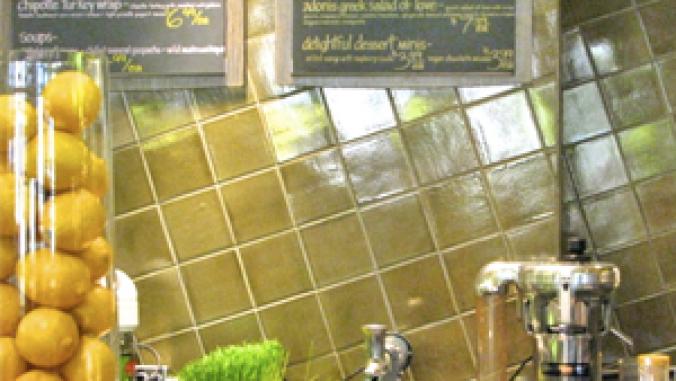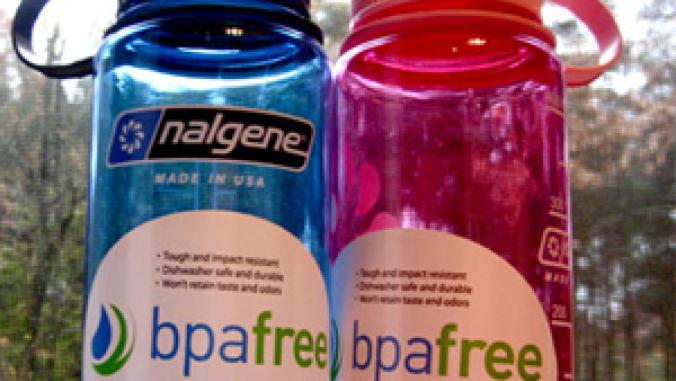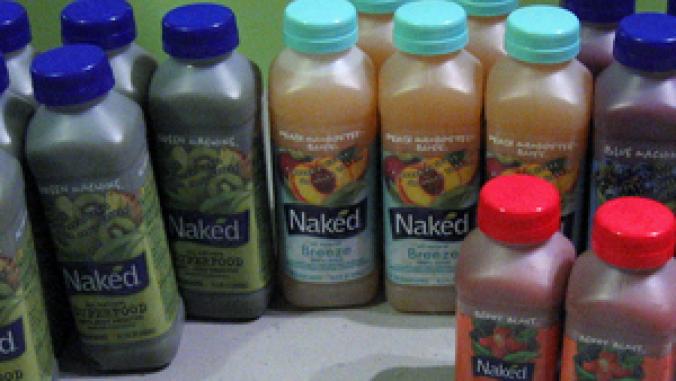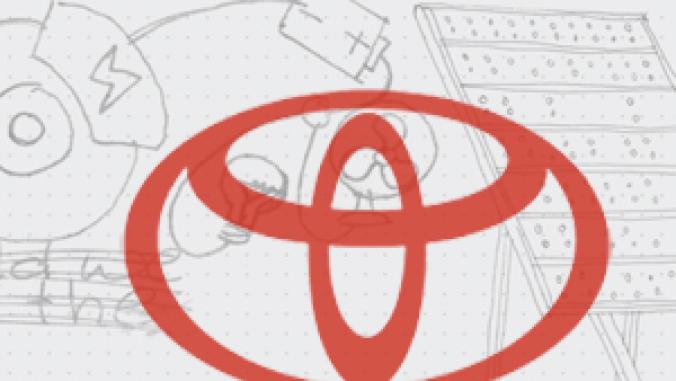Ford Goes Lightweight With Alternative Materials
<p>Ford's exploration of alternatives to petroleum-based plastics has led to a soy foam headliner that is 25 percent lighter than traditional headliners. That and the company's other soy applications can now be found in more than 1.5 million vehicles.<br /> </p>

Ford logo - http://www.flickr.com/photos/imuttoo/ / CC BY-SA 2.0
With the 2010 Escape and Mercury Mariner, Ford Motor Co. is using soy foam to make lighter headliners with fewer petroleum-based materials.
Vehicle headliners, the interior roof cover, are typically made of a layer of fabric and a layer of foam. By using soy-based foam, Ford has made a headliner that is 25 percent lighter than traditional headliners.
That's just one of the newest uses for alternative materials that Ford has found through its research into replacements for petroleum-based plastics, foams and other parts.
And it's also the newest application to come out of Ford's soy foam research, which has so far yielded soy-based seat cushions and seatbacks that are now in more than 1.5 million Ford, Lincoln and Mercury vehicles. By using soy-based foam in the parts, Ford estimates it has reduced petroleum use by 1.5 million pounds.
Other research into replacing glass fillers in certain plastic parts with natural fiber reinforcements made of cellulose, soy protein and hemp have resulted in parts that are up to 30 percent lighter.
But as Ford investigates other materials like polylactic acid, a biobased plastic replacement, it has run into performance and durability issues. Plastics made with natural fibers are more likely than traditional plastics to absorb moisture, which would affect the parts' functioning and durability. Polylactic acid is being used in other industries to make compostable cups, containers, bags and other items because it can decompose quickly, but research needs to be done to ensure that if it's used in car parts, it won't break down or decompose before the end of the vehicle's life.,
Ford is now researching these and other issues in collaboration with other organizations like the Ontario BioCar Initiative, a multi-university project aimed at using more plant-based materials in the automobile and agriculture industries.
Ford logo - http://www.flickr.com/photos/imuttoo/ / CC BY-SA 2.0




